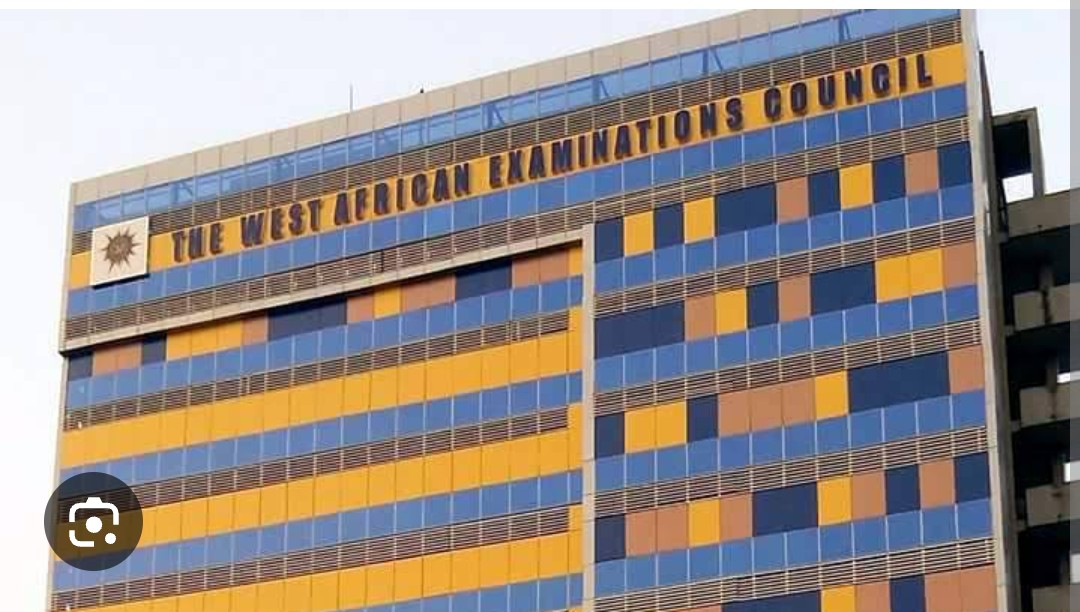The ongoing debate surrounding the Nigeria Tax Bill (NTB) 2024 has ignited fears among stakeholders in the education sector, especially with its proposed abrogation of the Education Tax. This tax, known as the Development Levy, is the financial lifeline of the Tertiary Education Trust Fund (TETFund), which has been pivotal in driving infrastructural development, postgraduate training, and research capacity building in Nigeria’s public tertiary institutions for over a decade.
The Academic Staff Union of Universities (ASUU) has raised an alarm, labeling the proposal to redirect these funds as both “dangerous” and “unpatriotic.”
According to the bill, TETFund share of the Development Levy will diminish incrementally—50% in 2025 and 2026, 66.7% from 2027 to 2029, and a devastating 0% from 2030 onwards. Instead, the entirety of these funds will be channeled to the newly established Nigerian Education Loan Fund (NELFUND).
This reallocation plan not only undermines the core objectives of TETFund but also jeopardizes the future of tertiary education in Nigeria.
TETFund: A Pillar for Higher Education
For years, TETFund has been the backbone of Nigeria’s public tertiary education. From constructing lecture halls and laboratories to funding postgraduate studies and research grants, the agency has played a transformative role in strengthening the quality of higher education in the country.
Redirecting its resources to NELFUND, an agency with an entirely different mandate, threatens to dismantle this progress. ASUU has rightly pointed out that such a move contravenes the TETFund Act of 2011, which explicitly outlines the utilization of the Education Tax for public tertiary institutions.
The Risks of Undermining TETFund
The proposed changes could set the education sector back by decades. With the rising student population, Nigeria’s public universities are already grappling with insufficient infrastructure and inadequate funding for research and training. The gradual withdrawal of funds from TETFund would exacerbate these challenges, leaving institutions ill-equipped to meet their obligations.
Moreover, the prioritization of loans over direct investment in infrastructure and capacity building is short-sighted. While student loans might provide immediate relief to individuals, they do not address the systemic issues plaguing Nigeria’s tertiary education sector, such as overcrowded classrooms, outdated facilities, and the brain drain of qualified academics.
A Call to Action
ASUU has called on the National Assembly to reject any clause in the Nigeria Tax Bill that seeks to divert Education Tax funds from TETFund. As the union rightly asserts, this move is not just a threat to TETFund but to the nation’s broader development objectives.
Policymakers must recognize that investment in education is not a zero-sum game. While initiatives like NELFUND may have merit, they should not come at the expense of TETFund’s critical role. Both agencies can coexist, with distinct funding streams tailored to their unique mandates.
The Bigger Picture
At its core, this debate is about more than just tax policies—it’s about Nigeria’s commitment to its future. Education is the bedrock of any nation’s development, and neglecting it in favor of short-term fixes is a recipe for disaster.
The Nigeria Tax Bill 2024 represents a crossroads for the country. Will it prioritize sustainable investment in education, or will it sacrifice long-term development for immediate fiscal gains? The decision lies with the National Assembly, but the consequences will be felt by generations to come.
The time to act is now. Nigeria must preserve and strengthen TETFund, ensuring that its public tertiary institutions continue to receive the support they need to thrive in an increasingly competitive world.












